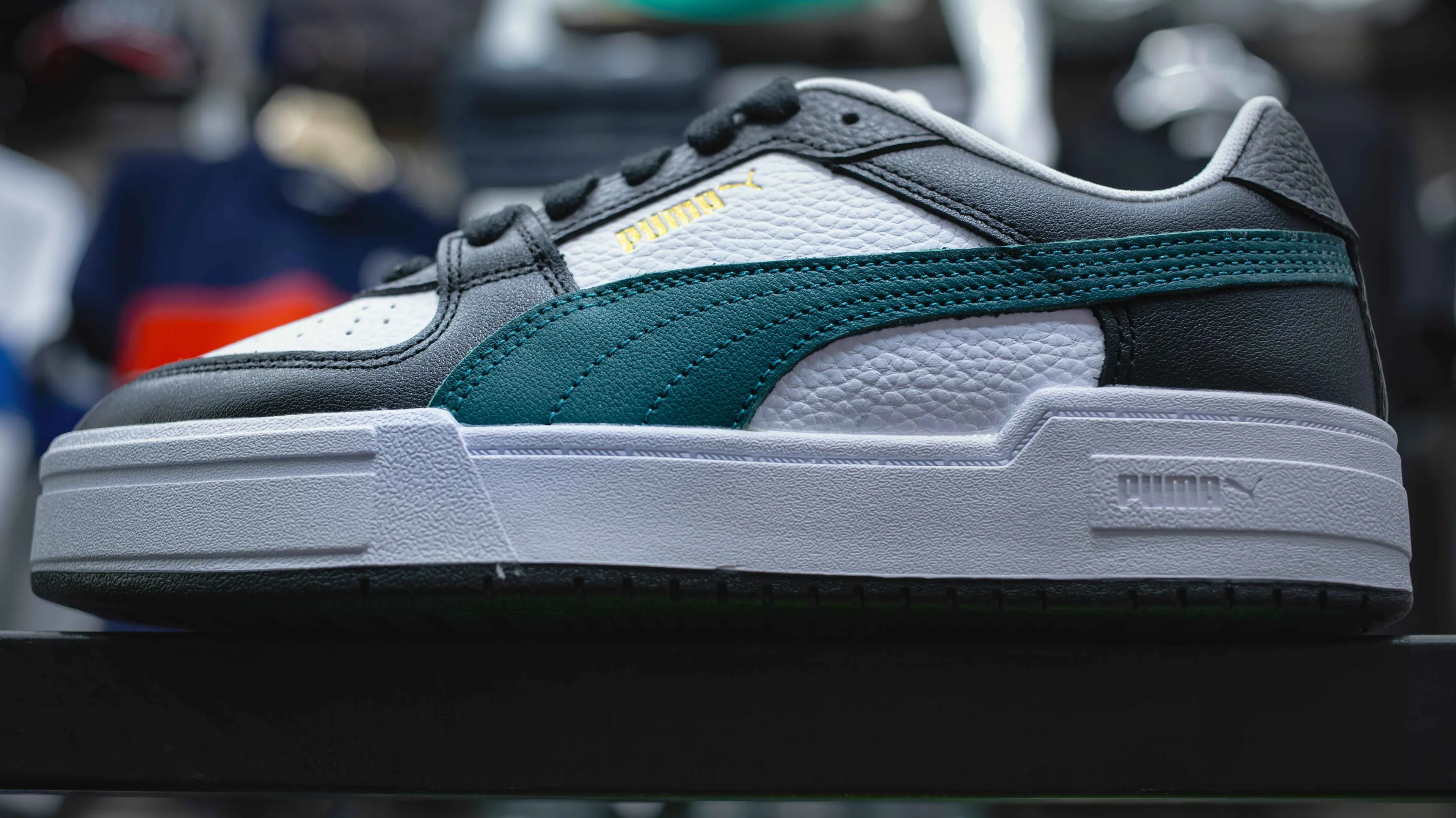'Existential crisis': Puma warned of first annual loss in a long time
Shares of the sportswear maker collapsed 20%

German sportswear maker Puma reported weak results for the second quarter and warned that it expects a loss instead of a profit for 2025. The company cited declining interest in the brand, weak wholesale sales and the negative impact of U.S. duties, which led to an increase in inventories. Puma shares collapsed nearly 20% after these statements.
Details
According to preliminary data, Puma posted a net loss of €247 million in the second quarter, while revenue showed an 8% decline to €1.94 billion. In constant currency, the decline was more moderate at 2%. Inventory was up 10%, with products on hand reaching €2.15 billion.
At year-end, the company now expects revenue to decline by about 10-14% (low double digit percentage), whereas previously it expected growth in the range of 1-5%. In addition, for the first time in many years, Puma forecasts an operating loss, abandoning the previous estimate of profit in the range of €445-525 million, The Financial Times reports.
"Against a backdrop of geopolitical and macroeconomic instability, Puma anticipates that results in 2025 will continue to be negatively impacted by both external and internal factors," the company said in a statement.
How did the stock react
Puma shares collapsed by 19% after the statement was published, but then recovered some of the losses. At the time of publication of this text, they were trading at €21, down 14.8%.
Since the beginning of the year, the company's market value has fallen by more than 50%. According to data from Investing.com, analysts have an average target price of €29.2, suggesting a rise of about 20% from the July 24 close. Of the 20 analysts tracking the company, nine of them recommend buying its securities, another nine recommend holding, and only two recommend selling.
What's going on with the company
Puma attributed the 2025 forecast revision to declining interest in the brand, deteriorating quality and structure of sales channels, the impact of U.S. duties and high levels of inventory residuals. Puma also attributed the revision to a decline in the quality and structure of sales channels, the impact of U.S. duties and high levels of inventory residuals;
According to CFO Markus Neubrand, the U.S. trade restrictions will reduce the company's gross profit by €80 million. Most Puma products sold in America are made in Vietnam, Cambodia and Indonesia, and the share of shipments from China has already been reduced to 10 percent. In anticipation of the duties, the company has accelerated the arrival of products from these countries, which has also affected inventory growth and necessitated sell-offs.
In addition, Puma had high hopes of selling 4-6 million pairs of Speedcat sneakers, which should strengthen the company's position in the premium footwear segment. However, it continues to lag behind trends, while Adidas has successfully developed retro lines such as the Samba and Gazelle.
"Puma is going through an existential identity crisis amid increasing competition. Meanwhile, Nike, the biggest player in this market, is gearing up to make a comeback," warned RBC Capital analyst Piral Dadania.
Context
Puma's weak performance Puma in the first quarter also disappointed investors and led to the resignation of CEO Arne Freundt after only 2.5 years on the job. He was replaced in July 2025 by Arthur Held, a former top executive at Adidas.
In a second-quarter earnings statement, Held acknowledged Puma's internal mistakes and emphasized the need to relaunch the brand and rethink the product line. He promised to present an updated strategy by the end of October.
One of Held's first steps was to extend its sponsorship contract with Manchester City soccer club. The company also counts that the new top manager will be able to carry out an effective rebranding, as previously happened with the launch of Adidas models in the 2010s.
This article was AI-translated and verified by a human editor
